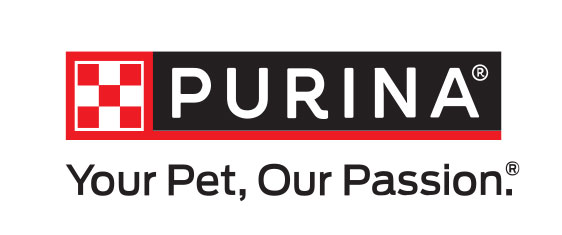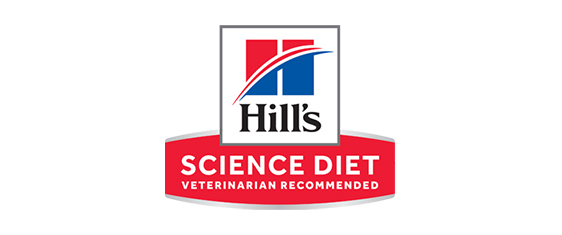Why Does My Horse Paw At The Ground?
Doctor of Veterinary Medicine

While efforts are made to answer all questions as quickly as possible, if an immediate answer is required or if your pet is in need of urgent or emergency care, contact your pet's veterinarian immediately.
Doctor of Veterinary Medicine

You will receive an answer from Dr. Lindsay and our vet/tech team as soon as possible, usually the same day.
All answers are provided for informational or educational purposes only, and are intended to be a supplement to, and not a substitute for, the expertise and professional judgment of your pet's veterinarian.
It may be necessary to consult your pet's veterinarian regarding the applicability of any opinions or recommendations with respect to your pet's symptoms or medical condition.
CloseDoctor of Veterinary Medicine

An error has occurred, please reload the page and try again.
CloseWhile efforts are made to answer all questions as quickly as possible, if an immediate answer is required or if your pet is in need of urgent or emergency care, contact your pet's veterinarian immediately.
There is no answer related to your question
When your horse paws or digs with their front hooves, they might be trying to tell you something. They may be trying to get your attention, expressing feelings of stress or impatience, or even trying to relieve pain. This common, natural behavior is often harmless, though it can result in injuries or property damage.
Why Horses Paw Or Dig
In the winter, horses use their front hooves to clear away snow to find food. This innate behavior often crops up as you’re coming by with your horse’s meals. Your horse may paw as they anticipate their feed, and this behavior may be reinforced when it’s immediately followed by a feeding.
Horses may also paw or dig when they’re tied up or confined to a stall. They may dig holes to stay entertained or relieve stress. Sometimes, horses express separation anxiety when they’re separated from their herd through pawing. It’s lesser known that horses seem to paw as a way to relieve orthopedic pain. Horses have been observed to dig in their stalls after exercise, often standing with their hind legs in the hole to help shift weight off their front legs.
If your horse suddenly starts pawing, it can be a sign of acute abdominal pain from colic or a gastric ulcer. Any sudden change in behavior warrants a call to your veterinarian to rule out illness or injury.
How To Get Your Horse To Stop Pawing
Pawing can, at best, be an annoying behavior, and at worst, it may lead to stall damage, holes on your property, shoe wear or loss, and injury to the joints, bones, or tendons.
If your horse is understimulated, they may paw less frequently if offered more exercise or turnout time. Feeding more frequently can help mitigate pawing in anticipation of feeding. You may also be able to discourage pawing and prevent damage in a stall by placing thick rubber mats on the floor.
Training can also help manage pawing, especially if your horse does it when they’re waiting to be fed, or trying to get your attention when they’re tied up.
Avoid reinforcing pawing behavior by ignoring your horse when they paw for attention. Wait until they’re calm before you feed them or untie them. At first, you’ll need extra patience while you wait for your horse to catch on.
Scolding your horse or even trying to redirect them can reinforce the unwanted behavior if your horse is simply trying to get your attention. Soon, your horse will notice that you feed them or pay attention to them when they’re standing still.
 Swipe
Swipe



















